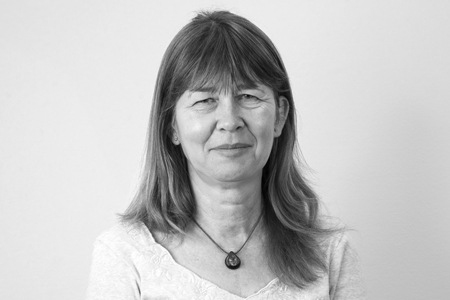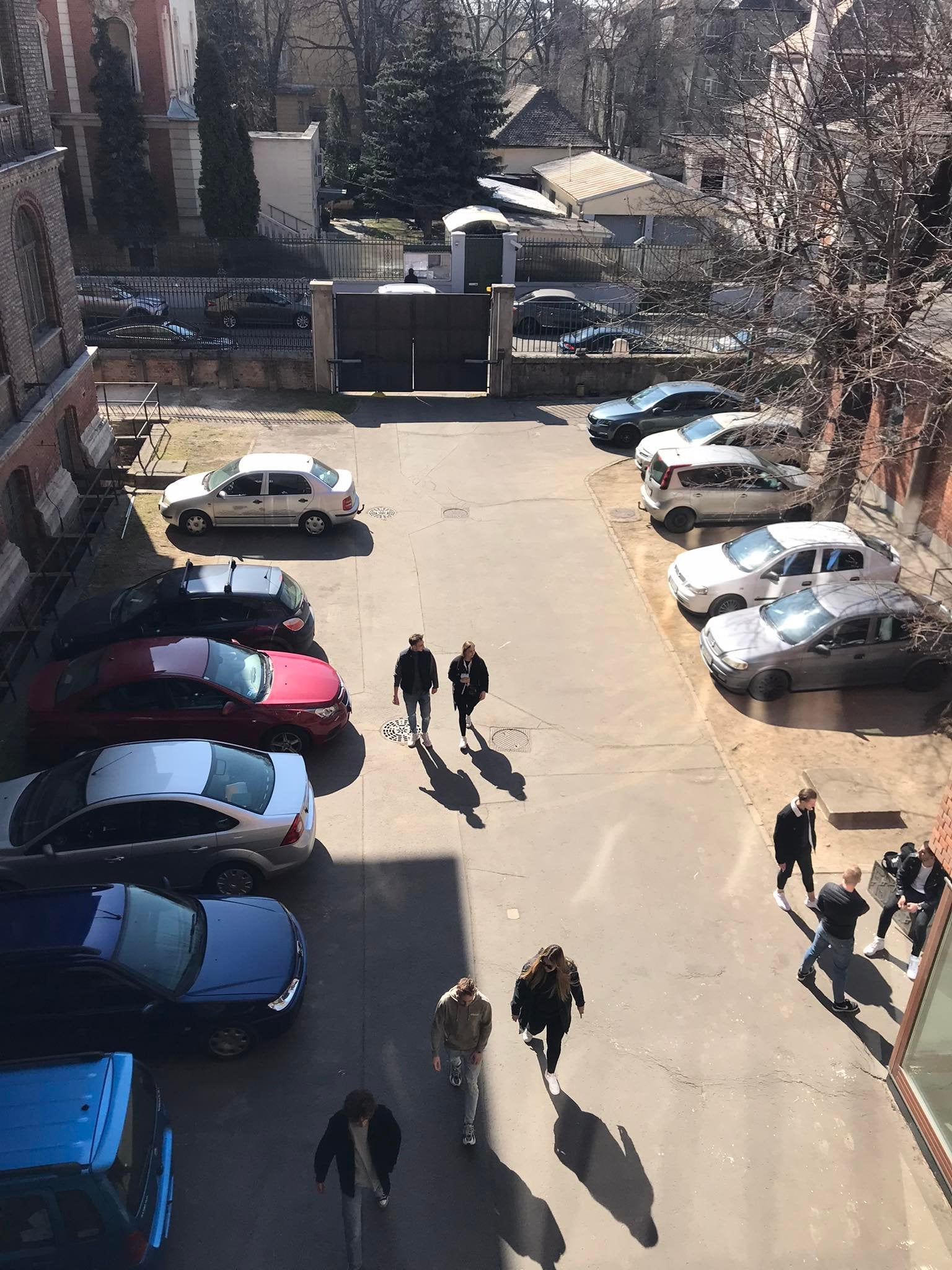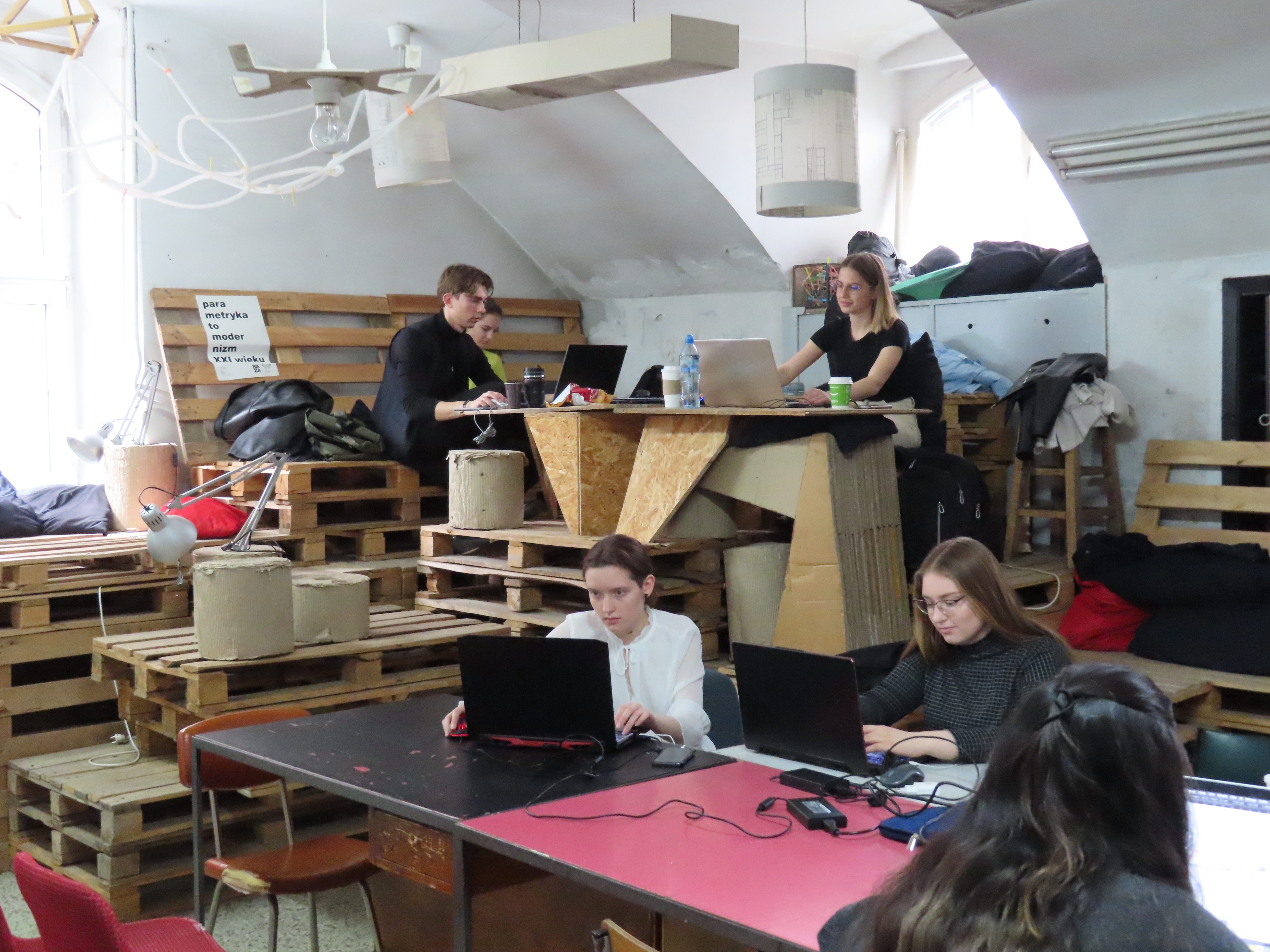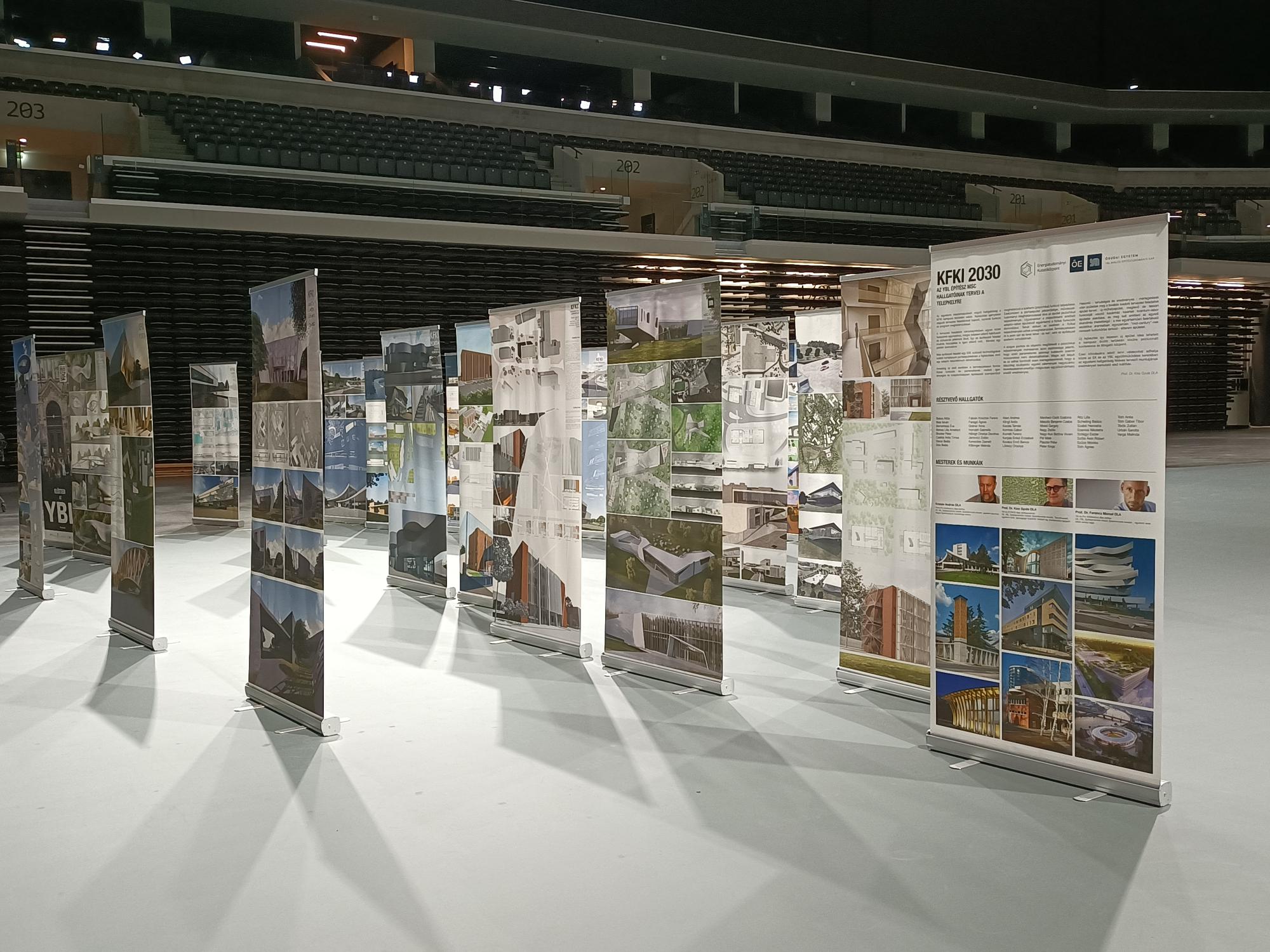
Projekt tervezési terület (en)
NewPalace
Presentation of the Institute
The history of the predecessor institutions of the Ybl Miklós Faculty of Architecture and Civil Engineering spans more than a century. The training of architects and master builders, although not in our current building, was already taking place in 1898 in an independent institute. The school moved to the present building on Thököly Street in 1901.
From 1972 this training continued within the context of a technical college, and then within the university faculty. The college joined Szent István University on 1 January 2000 and later became part of Óbuda University in August 2020. Education in architecture is managed by the Institute of
Architecture and is currently conducted within the format of a Bachelor's (BSc) and a Master's degree (MSc). We offer full- time and correspondence training in the BSc course. For the MSc degree instruction is offered both in Hungarian and English.
In 2017 our BSc department underwent a major curriculum transformation that now focuses on workshop-studio-based education to meet modern needs. Our students work led by a workshop instructor each year, who accompanies them from their first year at the university to their graduation. In the subject programs, the goal is to connect with each other as much as possible, to transfer the acquired knowledge in a structured manner, to provide marketable knowledge by introducing contemporary methods, materials and structures, and software in accordance with the continuous development of the profession.
To achieve this, students are introduced to contemporary methodologies, materials, structures and software.
Our MSc training is directly based on the bachelor's degree, and is an opportunity to further deepen and specialize the knowledge acquired during the BSc course. We currently offer two specialization opportunities: architectural design and interior design, and urban planning and training for chief architects. The MSc training is project-based and focused on special tasks.
The success of our training programmes is well illustrated by the fact that graduates – often even our students who are about to graduate – quickly find employment in the labour market. The number of students applying to us is constantly increasing. In all areas of architecture former “Ybl students” can be found - in design offices, on construction sites, in research, in building and project management positions, and involved in construction management.
The Institute consists of five departments, where nearly 60 people work together:
Leaders
Janurikné Dr. Soltész Erika PhD
- Position:Director of institute, Senior Lecturer
- Email:
- Office:A1413



